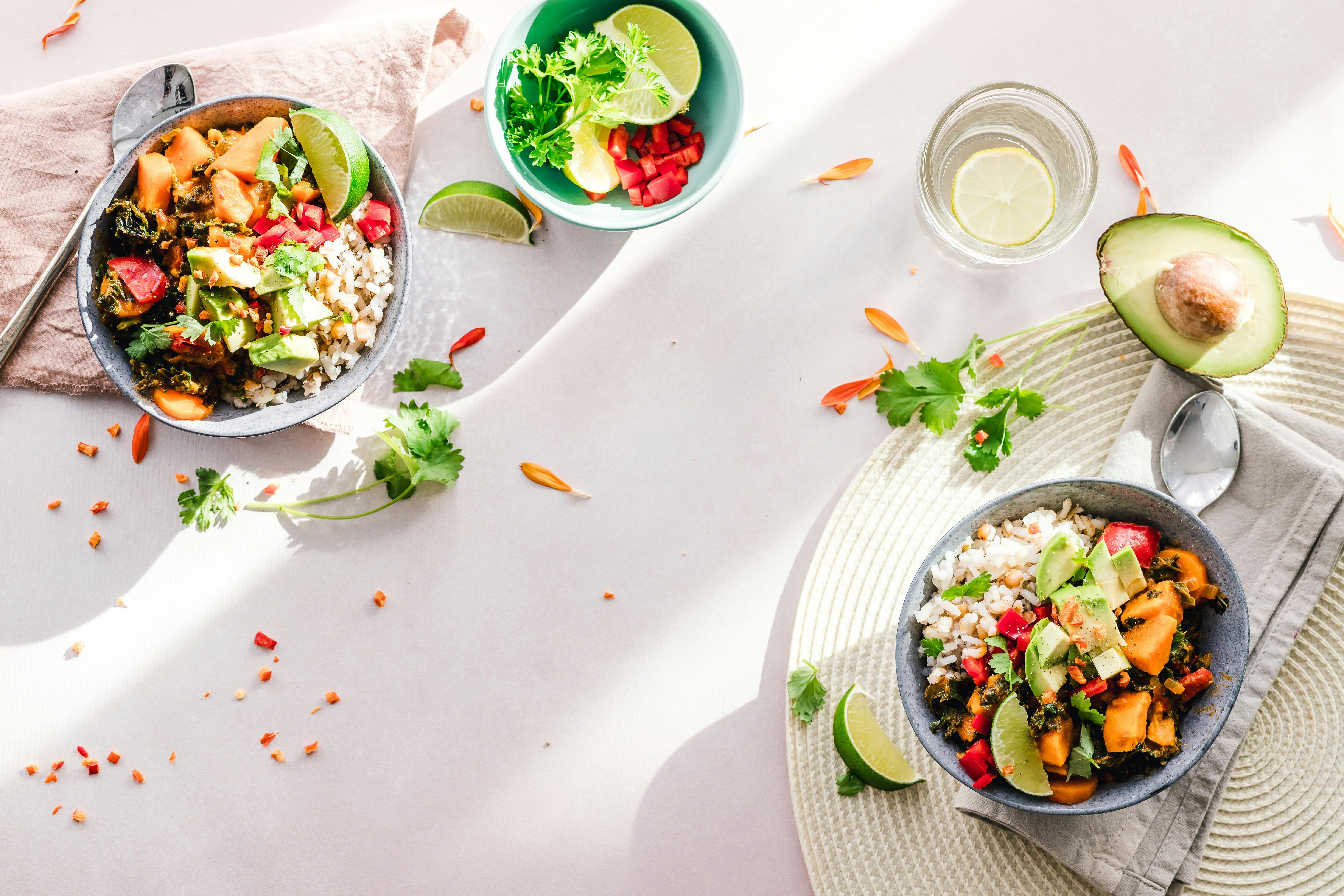 Rod Long
Rod LongWhy Vitamins Matter More as We Age
Getting older comes with plenty of changes—some exciting, others a bit more challenging. One thing that becomes increasingly important as we age is nutrition. More specifically, making sure your body is getting the essential vitamins it needs to function well.
But here’s the thing. As we grow older, our bodies lose efficiency in absorbing certain nutrients. Our appetite may shrink, or our dietary habits might drift away from what they used to be. That’s where vitamins come into play—they can help fill those nutritional gaps and support a strong body and mind.
If you’re wondering which vitamins matter most or whether you really need supplements, you’re not alone. Many older adults ask the same questions. So let’s break it down together, starting with the key vitamins that can make a big difference in healthy aging.

The Top Vitamins Every Senior Needs
From bone health to immunity and memory, the right mix of vitamins can support nearly every part of your well-being. Here are the most important ones to consider:
1. Vitamin B12
Why it’s important: Vitamin B12 keeps your nerves and blood cells in good shape and helps prevent memory loss and fatigue. Older adults often face trouble absorbing this vitamin from food.
- Best sources: Fish, meat, eggs, and dairy products
- Tip: Ask your doctor if a supplement might make sense—especially if you’re over 60
2. Vitamin D
Why it’s important: Vitamin D helps your body absorb calcium, which is essential for strong bones. It also supports your immune system and may reduce the risk of chronic diseases like osteoporosis.
- Best sources: Sunlight, fortified milk, eggs, and fatty fish like salmon
- Tip: If you don’t get much sun, a supplement is often recommended by health professionals
3. Vitamin C
Why it’s important: This vitamin is best known for its immune-boosting power, but it also helps repair tissues and keeps your skin looking youthful.
- Best sources: Citrus fruits, bell peppers, strawberries, and tomatoes
- Tip: You can get plenty through a healthy diet
4. Vitamin E
Why it’s important: Vitamin E works as an antioxidant, protecting your cells from damage. It’s also believed to help slow down signs of aging.
- Best sources: Nuts, seeds, and vegetable oils
- Tip: A small daily amount can go a long way—talk to your doctor before taking high doses
5. Vitamin K
Why it’s important: This lesser-known vitamin helps with blood clotting and bone metabolism. Some research suggests it may also support heart health.
- Best sources: Leafy greens like kale, spinach, and broccoli
- Tip: Including a handful of greens in your meals adds both flavor and nutrition

Photo courtesy of Pexels.com
Other Nutrients That Complement Vitamins
While vitamins play a key role, they work best when supported by other nutrients. Here are a few to keep on your radar:
Calcium
Alongside Vitamin D, calcium is key to maintaining strong bones and preventing fractures. It becomes even more important after age 50.
- Best sources: Dairy, leafy greens, tofu, and fortified juices
Iron
Although men and postmenopausal women usually need less iron, some still fall short. Iron supports oxygen transport and energy levels.
- Best sources: Red meat, spinach, and fortified cereals
Fiber
A high-fiber diet helps keep your digestion in check, reduces cholesterol levels, and can even keep your blood sugar stable.
- Best sources: Whole grains, fruits, vegetables, legumes, and seeds
Balancing all of these nutrients may feel like a tall order, but it’s doable. Start by looking at your daily meals and identifying gaps. Then, talk with your healthcare provider about necessary adjustments or supplements.

Photo courtesy of Pexels.com
Practical Tips for Healthy Vitamin Intake
You’re probably wondering—should I just pop a multivitamin and call it a day? Not necessarily. While supplements can help, they should support—not replace—a nutritious diet. Here are a few strategies to help you stay on top of your vitamin game:
Eat a Rainbow
Try to include a mix of colorful fruits and veggies every day. Each color offers different vitamins that help various parts of your body. Think of your plate as a canvas—make it vibrant!
Make Simple Swaps
- Switch white bread for whole grains
- Use olive oil instead of vegetable oil for added Vitamin E
- Add spinach to your breakfast smoothie or omelet
Keep Tabs with Regular Checkups
Your doctor can run simple blood tests to see if you’re low on any key nutrients. If you are, they may suggest diet changes or specific supplements.
Be Cautious with Mega Doses
More isn’t always better. For example, too much Vitamin E or Iron can actually harm your health. Stick to the recommended daily values unless your provider advises otherwise.
Final Thoughts: A Healthier You Starts with Better Nutrition
Staying healthy as you age doesn’t have to mean overhauling your lifestyle. Small, steady changes—like boosting your vitamin intake—can bring real benefits over time. Whether it’s stronger bones, a sharper mind, or just a bit more energy, good nutrition pays off in more ways than one.
And remember: aging doesn’t mean slowing down—it means getting smarter about how we take care of ourselves. With the right nutrients on your plate and perhaps a few supplements as needed, you’ll be well-equipped to enjoy your golden years with strength and vitality.
Have questions about starting a new supplement or making diet changes? Be sure to consult your healthcare provider or a registered dietitian before making big changes. Your body—and your future self—will thank you.













